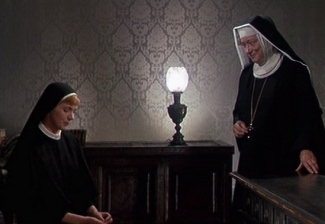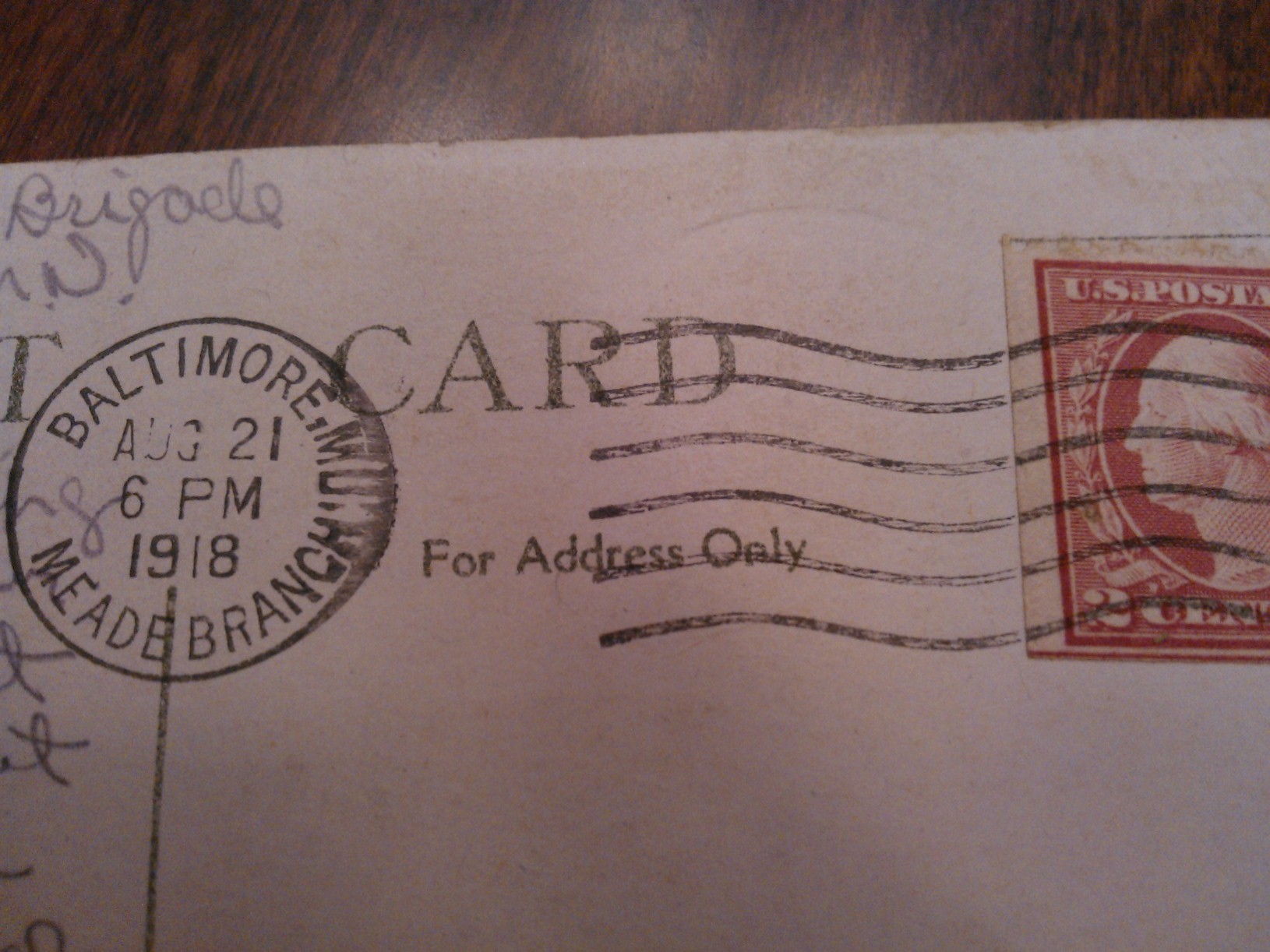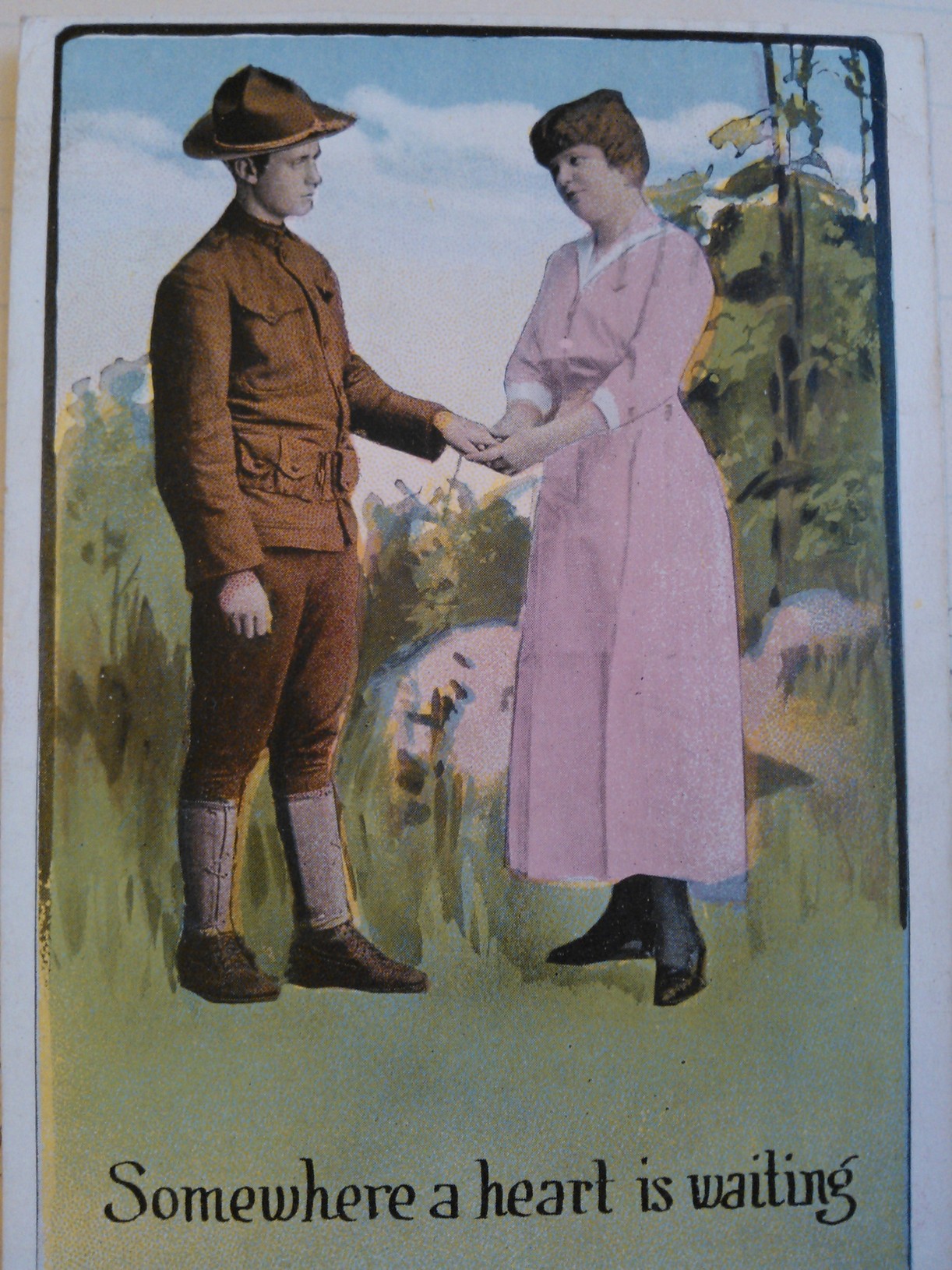It’s an observation worth noting: When it comes to dividing heirlooms and estate contents, everyone tenses up and no one wants to be the first to talk. You can sense the apprehension in the room, and it appears as if everyone is trying to predict what the other will do. Will my sister-in-law make a fuss? Will brother want the same things I want, and if so, what do we do? Will there be fighting and resentment?
From the perspective of this 20+ year estate veteran who has observed many families, we should be more concerned with our own behavior. It is more likely that people will follow rather than lead, so if you lead by example, the others may very well follow suit, especially if you remain positive. If every heir was in tune with their own behavior and had the ability to stay on the straight and narrow peaceful path, there would be a lot less fighting in the world. Unfortunately this is not always the case.
When a parent passes, particularly the last remaining parent, true colors, a few fangs, and an entitlement mentality will eventually surface. Most feuds break out for four basic reasons:
- A misunderstanding has taken place and has not been effectively dealt with
- Everyone grieves differently and emotions can be volatile
- A situation has been festering for years that probably took place during childhood and now will appear, causing all kinds of problems
- An heir perceives he/she is getting taken advantage of on the cash assets and/or heirlooms.
Here’s how you can contribute to a more peaceful resolution:
- Sit down and say what’s on your mind. Beating around the bush confuses everyone and confrontation is not necessarily a bad thing. My father always said that the day after a thunderstorm is usually clean, bright, and beautiful. The storm clears the air and so does a confrontation that is more about sharing than finger-pointing. Some heirs can’t handle this confrontation and I would definitely recommend some sort of mediation, if they want to save the relationship. The down side is if they don’t fix this early on, the relationship will eventually be irreparable as the damage continues to expand and both parties live out their lives with anger in their hearts.
- It’s vital to do everything you can to keep the peace. Regardless of what part you play in this, it will have an impact on you too, most especially a negative impact. Even indirectly connected, you will be touched in some negative way. To avoid this, do your best to take the “higher road.” You’ll feel better doing so, even if it’s not always easy.
- Validate the other person’s feelings if they share them with you. At least, listen. Repeat what they said to you so they feel you heard them. Both should agree to simply do the best you can to smooth it over somehow. A photo of mom and dad sitting in front of you wouldn’t hurt. After all, this is about honoring them and not about you.
- Encourage others to be a part of the healing process, if they would like to be. It is not about taking sides. It is about encouraging both parties to do what they can to heal the hurt, if the hurt can be healed. It’s too easy to throw in the towel and quit. Always remain objective and try very hard to see the other side. Seeing both sides, or at least putting yourself in the other’s shoes, might very well lend some insight into the situation. The problem is that we are generally too self-centered to do this, because we feel strongly we are in the right. Promise yourself you will at least try!
Dividing heirlooms can be one of the most contentious experiences during our adult lives. There is no way to completely eliminate family squabbles, but you can learn to put them out when they are smoldering, instead of when they grow into a full-blown forest fire.
© 2013 Julie Hall





